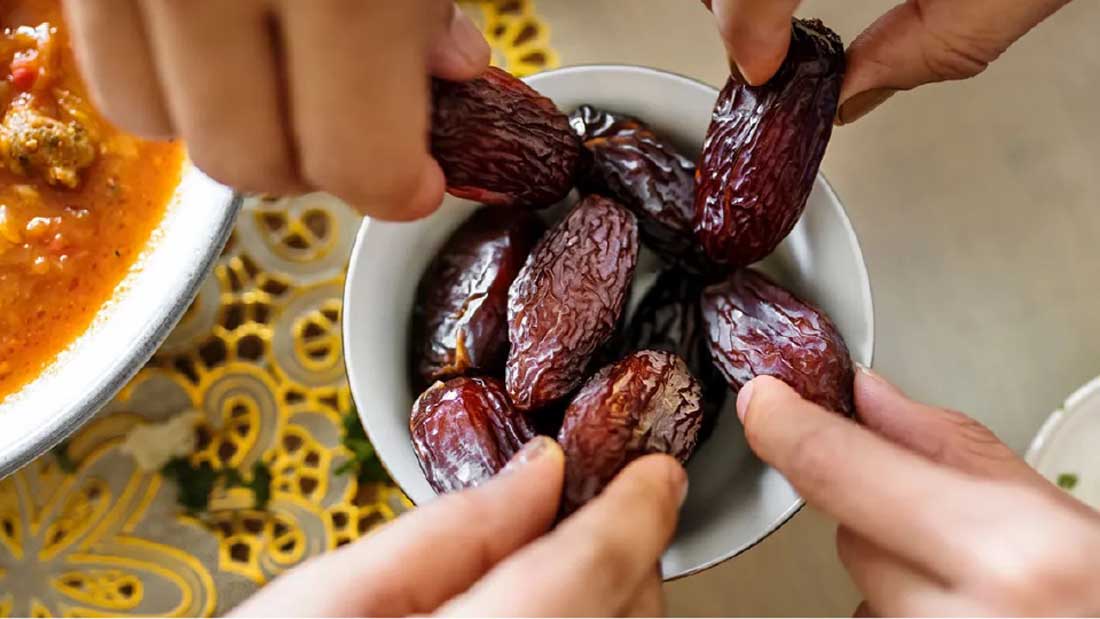
Naturally Sweet: Unraveling the Arabic Delight of Dates
In Arabic, dates are known as “tamr” (تمر). Dates have a long history in Arabic culture and are highly valued for their nutritional benefits and cultural significance. The date palm tree, known as “nakhl” (نخل) in Arabic, is often referred to as the “tree of life” due to its ability to thrive in arid regions and provide sustenance in harsh environments.
Arabic-speaking countries, particularly those in the Middle East and North Africa, have a rich tradition of date cultivation and consumption. Dates hold cultural and religious importance and are often associated with hospitality, generosity, and blessings. They are frequently served to guests as a symbol of welcome and are commonly offered as a gesture of goodwill.
Dates are not only enjoyed as a delicious fruit but also play a significant role in Islamic traditions. During the holy month of Ramadan, Muslims break their fast with dates and water, following the example set by the Prophet Muhammad. Dates are also consumed to celebrate Islamic holidays, such as Eid al-Fitr and Eid al-Adha.
In Arabic cuisine, dates are used in a variety of ways. They can be eaten fresh, dried, or as a key ingredient in sweet and savory dishes. Date syrup, known as “dibs” (دبس) or “rubi’an” (رُبيعان), is a popular sweetener used in desserts and traditional Arabic beverages like “jalab” and “qamar al-deen.”
Overall, dates hold great cultural, religious, and culinary significance in Arabic-speaking regions, and they continue to be an integral part of the Arabic heritage and daily life

